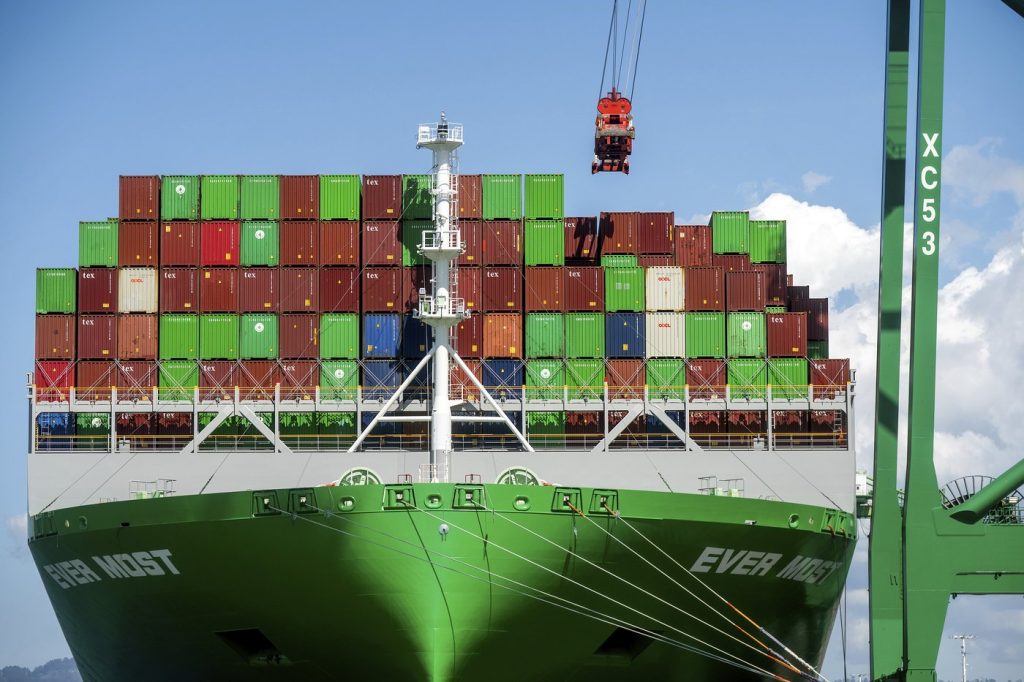On Friday, a converging decision by many of the world’s largest shipping nations may pave the way for a historic measure: the implementation of a worldwide tax on carbon emissions from ships. The meeting, involving 174 members of the International Maritime Organization (IMO), excludes the United States, yet has high stakes for international shipping regulations. If an agreement is reached, it would mark the world’s first global carbon tax aimed at combating climate change within the maritime sector.
The day before this crucial decision, delegates made a significant advancement by approving a proposal to establish an emissions control area in the North-East Atlantic Ocean, a step that garnered praise from environmental advocates attending the conference in London. The IMO has set an ambitious target for the shipping industry, aiming to achieve net-zero greenhouse gas emissions by approximately 2050. The organization is also committed to promoting the use of fuels with zero or near-zero emissions.
As the final day of negotiations begins, delegates are engaged in critical discussions regarding the structure of a potential shipping emissions tax. More than 60 nations are advocating for a straightforward tax model calculated per metric ton of emissions, with Pacific island nations leading this initiative. These nations are particularly vulnerable to the impacts of climate change, which threatens their very existence.
Conversely, notable countries such as China, Brazil, Saudi Arabia, and South Africa are proposing a credit trading system as an alternative to a fixed levy, while others are seeking a middle ground between these two models. The urgency of the situation cannot be overstated, as Mark Brownstein, a leader at the Environmental Defense Fund, emphasized the maritime industry's direct experience with climate change, stating that it is not an industry that can easily walk away from this pressing issue.
The United States has taken a distinctly different approach, opting out of the London negotiations and instead pressuring other nations to oppose greenhouse gas emission measures under consideration. The Trump administration had previously expressed its intent to reject any economic measures that would impact U.S. ships based on emissions or fuel choices, arguing that such measures would burden the industry and catalyze inflation. They have also warned of potential reciprocal measures should any fees be imposed.
The urgency of addressing emissions from shipping is underscored by recent data showing that emissions from this sector have increased over the last decade, now accounting for about 3% of the global total, according to the United Nations. This rise correlates with the increasing size of vessels that allow for larger cargo deliveries per trip while utilizing significant amounts of fuel.
As the meetings continue, IMO Secretary-General Arsenio Dominguez remarked that the outcomes of these discussions are crucial for setting the course towards a net-zero future for the maritime industry. Any new regulations developed during these talks could be formally adopted in October and are slated to take effect in 2027, signaling a transformative shift in how the global shipping industry addresses its environmental impact.










